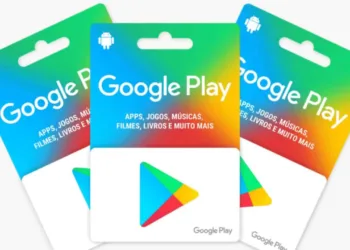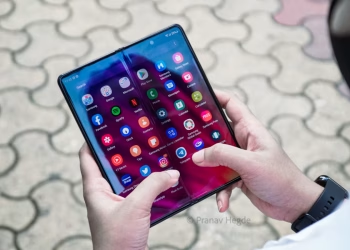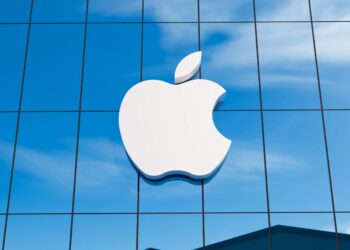OpenAI launched ChatGPT Atlas on October 21, 2025, three months after Perplexity’s Comet browser debut, marking the official start of the AI browser wars. Both promise to revolutionize web browsing with intelligent assistants, but early reviews reveal stark philosophical differences—Atlas focuses on conversational workflow automation, while Comet prioritizes accuracy and knowledge synthesis with cited sources.
Table of Contents

ChatGPT Atlas vs Perplexity Comet: Which is Better?
Both browsers run on Chromium, meaning Chrome extensions, passwords, and bookmarks transfer seamlessly. However, their approach to AI integration differs dramatically. Atlas embeds ChatGPT throughout the browsing experience, while Comet transforms search into an answer engine with live web grounding and transparent citations.
Head-to-Head Comparison
| Feature | ChatGPT Atlas | Perplexity Comet |
|---|---|---|
| Launch Date | October 21, 2025 | July 2025 |
| Availability | macOS only (Windows/iOS/Android coming) | macOS, Windows 10/11 |
| Core Focus | Task automation, conversational browsing | Knowledge synthesis, cited research |
| Agent Mode | Paid feature for multi-step automation | Built-in contextual research |
| Speed | Standard | Faster in head-to-head tests |
Atlas: Conversational Workflow Champion
ChatGPT Atlas positions itself as a co-pilot for web tasks. The Agent Mode (requiring paid ChatGPT subscription) enables complex multi-step automation—finding products, comparing specifications, and completing purchases autonomously. Tom’s Guide praised full-sized scrollable tabs and Chrome Web Store extension compatibility.
However, Stephen Robles of Primary Technology podcast found Atlas slower in head-to-head testing against Comet, with users needing to manually enable “agent mode” for most tasks. TechCrunch’s Ivan Mehta summarized it perfectly: “OpenAI’s Atlas is more about ChatGPT than the web.”

The browser features a conversational ChatGPT sidebar, inline text refinement (highlight text for instant rewrites), and ChatGPT-powered search by default. Mini windows for secondary sites provide Arc-like multitasking capabilities.
Comet: The Research Powerhouse
Perplexity Comet redefines browsing as a knowledge synthesis engine. Every answer connects to verifiable web sources with live data grounding, making it ideal for academics, journalists, and analysts requiring credible information. Alex Hughes of Tom’s Guide said Comet removed his skepticism about “AI agents and browsers,” praising its granularity and detail.
Comet excels at synthesizing information across multiple tabs, documents, and web pages into unified, cited summaries. The assistant maintains perfect context across entire browsing sessions without requiring manual mode switching—something Atlas struggles with.
Head-to-head tests consistently show Comet completing tasks faster with fewer glitches. Its shareable answers and source transparency make it superior for teams verifying information.
Privacy & Pricing Models
Atlas is free for all ChatGPT users, but Agent Mode’s truly powerful features require paid subscriptions—OpenAI prioritizes mass adoption first, monetization second. Comet launched as a Perplexity Max exclusive before opening to everyone for free, targeting paying customers who understand the value proposition immediately.
Both browsers emphasize privacy with user-controlled data access and transparent settings. However, Comet’s citation-based approach provides inherent transparency by showing exactly where information originates.

The Verdict: Choose Based on Workflow
For productivity-focused users who live in email, blog posts, and client reports, ChatGPT Atlas offers seamless editing, rewriting, and summarizing directly within the browser. It enhances existing tasks rather than adding new workflows.
For researchers, analysts, and anyone prioritizing accuracy over automation, Perplexity Comet stands out with its source transparency and real-time data refresh capabilities. The ability to trace every claim to its original source proves essential for credibility-dependent work.
Both browsers expose Chrome’s decade-long innovation stagnation. The real story isn’t choosing sides—it’s recognizing that browsers have evolved from dumb pipes to intelligent assistants.
For more information on ChatGPT Atlas features and Perplexity Comet capabilities, explore both options. For comprehensive AI browser comparisons, monitor developments as this competition drives rapid innovation.
FAQs
Which AI browser is better for productivity: Atlas or Comet?
Atlas excels at workflow automation and inline editing, while Comet specializes in research and knowledge synthesis with cited sources.
Can ChatGPT Atlas and Perplexity Comet replace Chrome completely?
Yes, both are Chromium-based with Chrome extension compatibility, but the transition requires adjusting to AI-first browsing behaviors.








